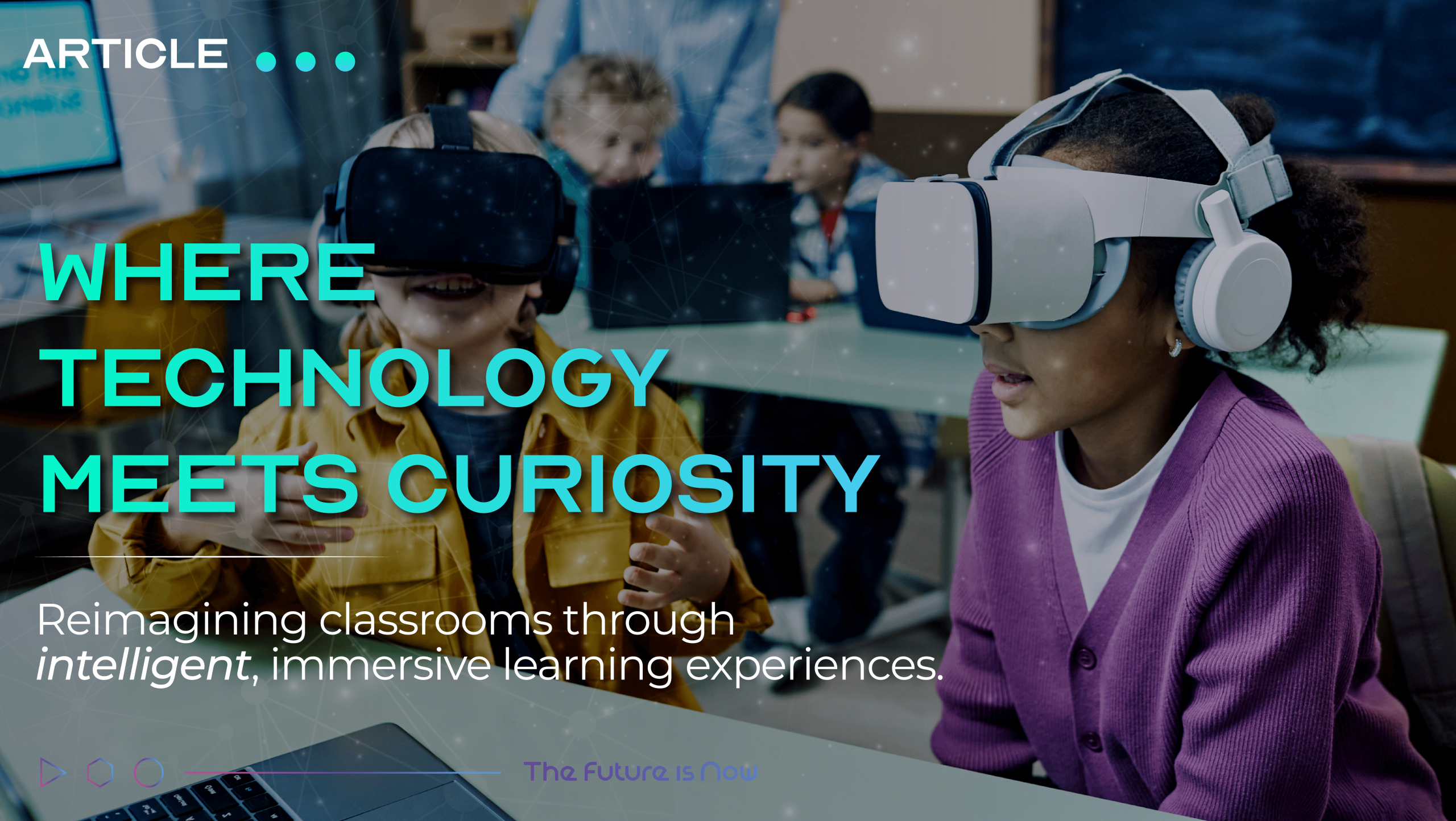
Reimagining the Classroom: How EdTech Innovators Are Building the Future of Learning
Classrooms are changing faster than many schools can renovate. Fueled by advances in AI, immersive technologies, and a surge of nimble startups, education is being reconfigured into a more adaptive, engaging, and globally accessible experience. The goal isn’t just to digitize textbooks; it’s to create learning environments that respond to individual needs, collapse geographic barriers, and turn abstract concepts into hands-on exploration.
Bridging Access to Quality Education
Technology’s most transformative promise is widening access. From radio and low-bandwidth platforms used in remote regions to cloud-based courses that serve millions, appropriate tech can reach learners who lack experienced teachers or physical schools. UNESCO’s Global Education Monitoring report documents how different technologies, when deployed thoughtfully, can extend learning opportunities to hard-to-reach populations while also warning that tech alone won’t solve deep inequities.
AI-Powered Personalization: Tailoring the Learning Path
One of the clearest shifts is toward AI-driven personalization. Adaptive platforms analyze how students interact with material, then adjust difficulty, pace, and format in real time to optimize progress, functioning like a private tutor at scale. Products from legacy innovators and startups alike (examples include adaptive math and reading platforms) are already demonstrating improved retention and outcomes by creating individualized learning trajectories for students. Research and industry reporting show AI’s role in producing targeted practice, scaffolds for struggling learners, and predictive insights for teachers.
Immersive AR/VR Classrooms: ‘Learn By Doing’ at Distance
Augmented and virtual reality are shifting abstract lessons into immersive experiences. Virtual labs let students perform science experiments safely and repeatedly; AR overlays turn a history lesson into a walk through ancient streets. Companies providing virtual lab simulations report measurable gains in course pass rates and student engagement, proving that immersive tools can recreate tactile learning experiences for schools that lack physical labs.
Startups Redefining Engagement: Quick Case Studies
The EdTech landscape is crowded, but several startups are redefining how learners engage with content. Newer players are using AI to convert static materials into personalized study plans, flashcards, and collaborative study groups, a shift highlighted in recent coverage of fast-growing AI-first platforms. Other companies specialize in gamified language learning, micro-credentials, and synchronous tutoring networks that scale high-quality instruction. These case studies show a pattern: mix adaptive algorithms, strong UX, and community features, and you significantly increase learner motivation and outcomes.
Data, Ethics, and the Teacher’s Evolving Role
Data fuels personalization, but it also raises privacy and equity questions. Schools and vendors must adopt ethical data practices and ensure that algorithmic decisions augment, not replace, skilled teachers. The most promising deployments treat teachers as orchestrators: they use analytics to target interventions, free up time for mentorship, and extend differentiated support where it’s needed most.
Why the Future Classroom May No Longer Have Walls
If classrooms become defined by services and experiences rather than buildings, learning can happen anywhere, at home, in community centers, in virtual worlds. This pluralistic model offers resilience (critical during crises), broader access, and the flexibility to blend synchronous and asynchronous learning. The end result is an ecosystem of learning opportunities rather than a single place to be educated.
Spotlight: World Future Awards Winners and Nominees
Global recognition programs like the World Future Awards are already calling out the innovators shaping this transition, from AI-powered language platforms to immersive lab providers. Winners and nominees highlight a practical throughline: tech that scales quality, measures outcomes, and respects learner context is most likely to succeed.
The classroom of tomorrow will be adaptive, immersive, and boundaryless, but it will also need ethical guardrails, skilled educators, and inclusive deployment strategies. If you’re building solutions that reimagine learning, consider applying to the World Future Awards to showcase your impact and connect with global changemakers.
Apply now: www.worldfutureawards.com.
MORE NEWS
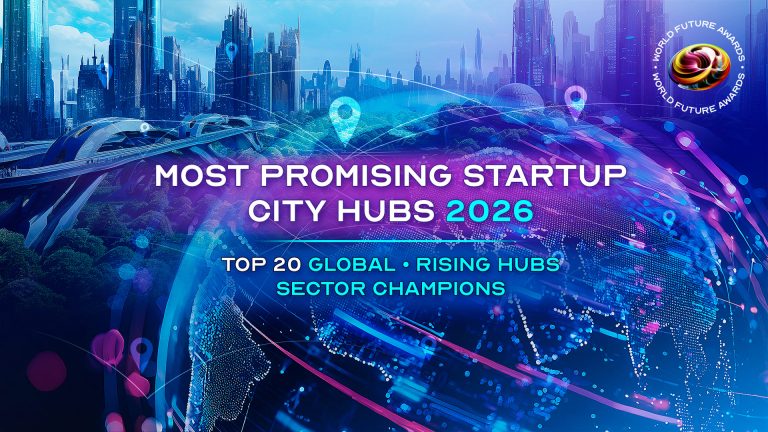
Most Promising Startup City Hubs 2026
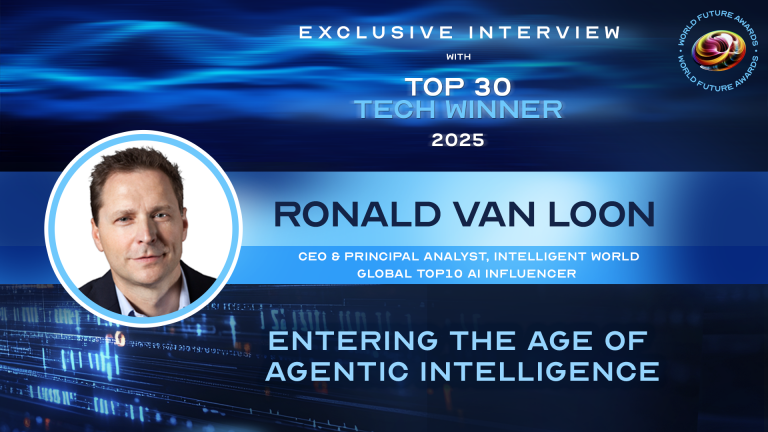
World Future Awards Exclusive: Interview with Ronald van Loon — Top 30 Tech Voices 2025
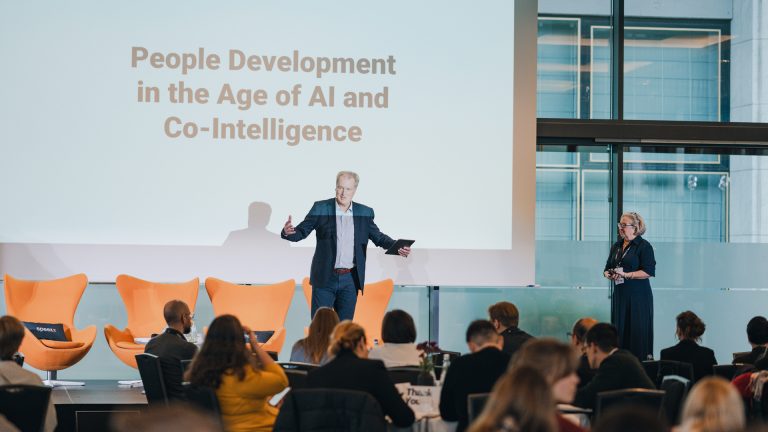
Defining the Next Era of People Development

Speexx Awarded for Global Workforce Development Innovation
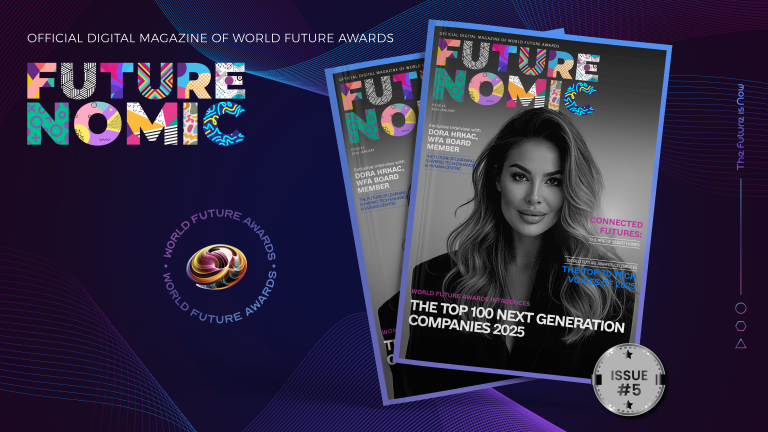
World Future Awards Releases Futurenomics Digital Issue #5
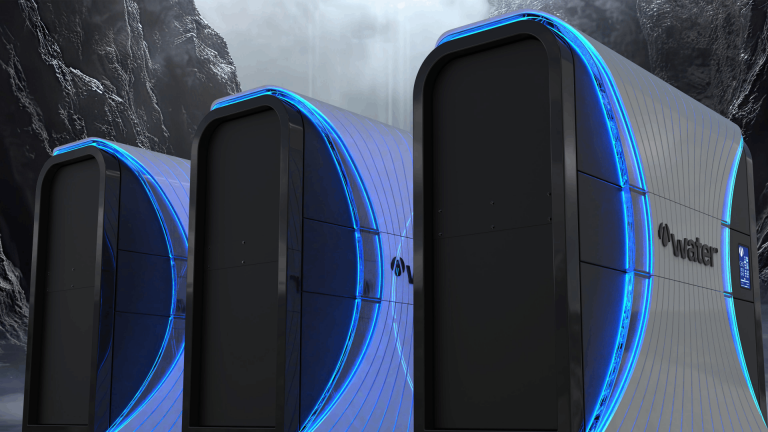
VVater Named One of World Future Awards’ Top 100 Next Generation Companies for 2025

VVater – Pioneering the Future of Water Technology
NEWSLETTER
Sign up to learn more about our project and to stay up to date.

